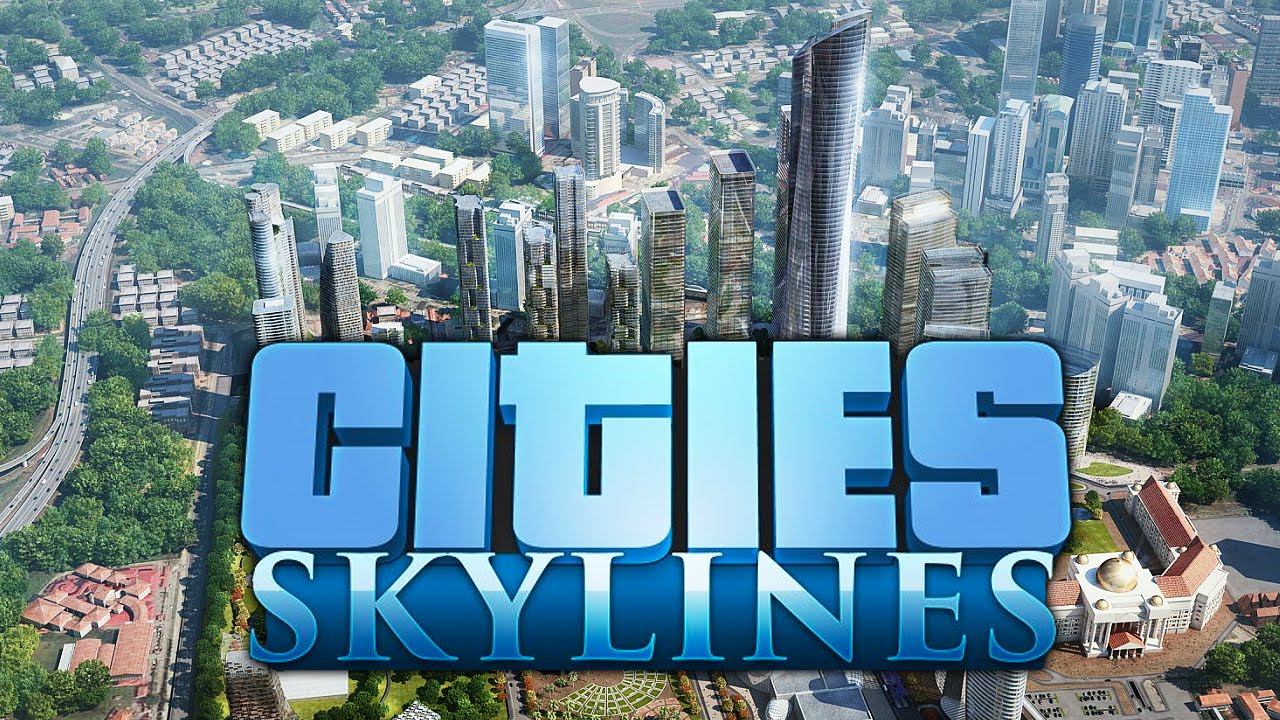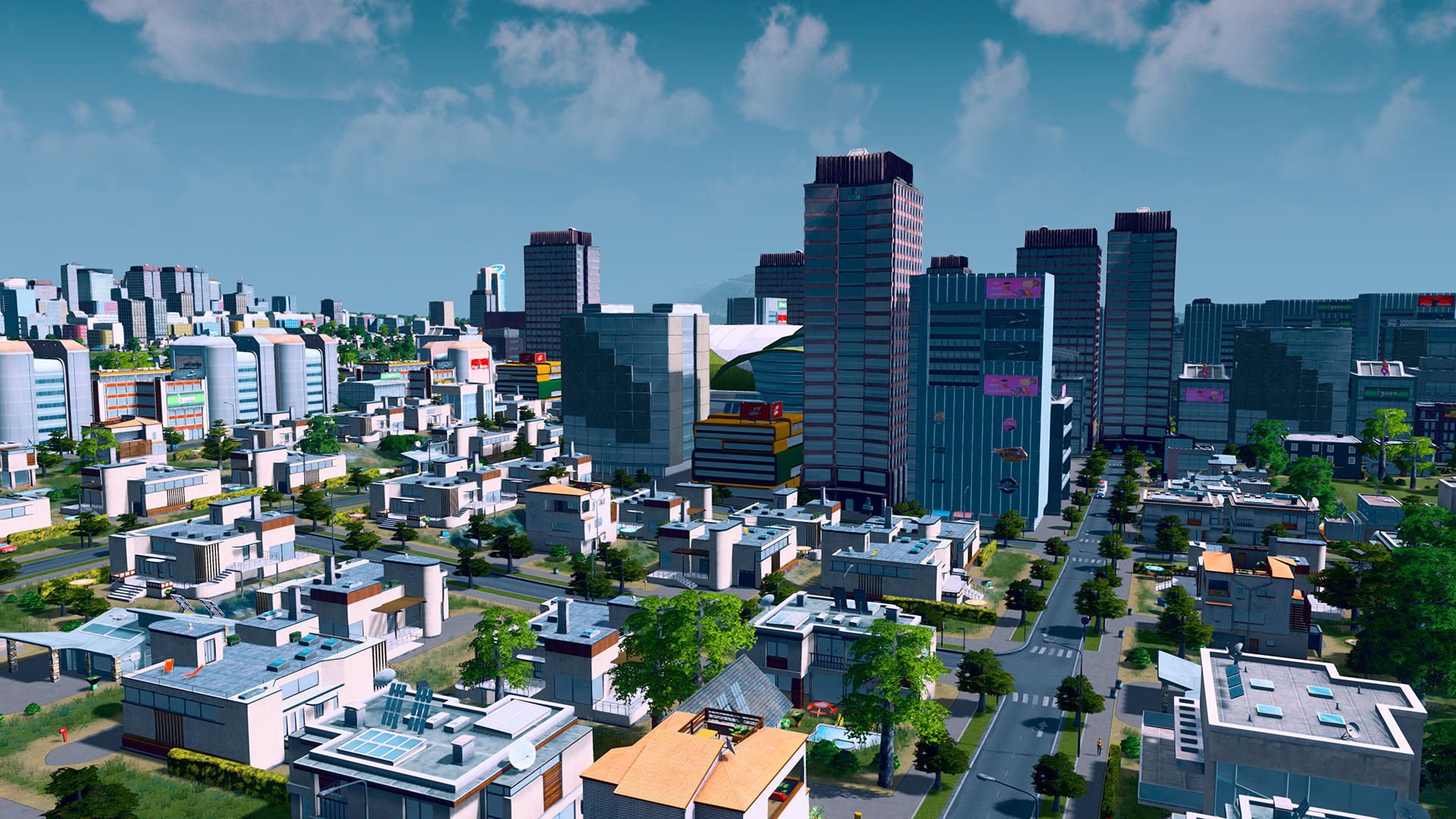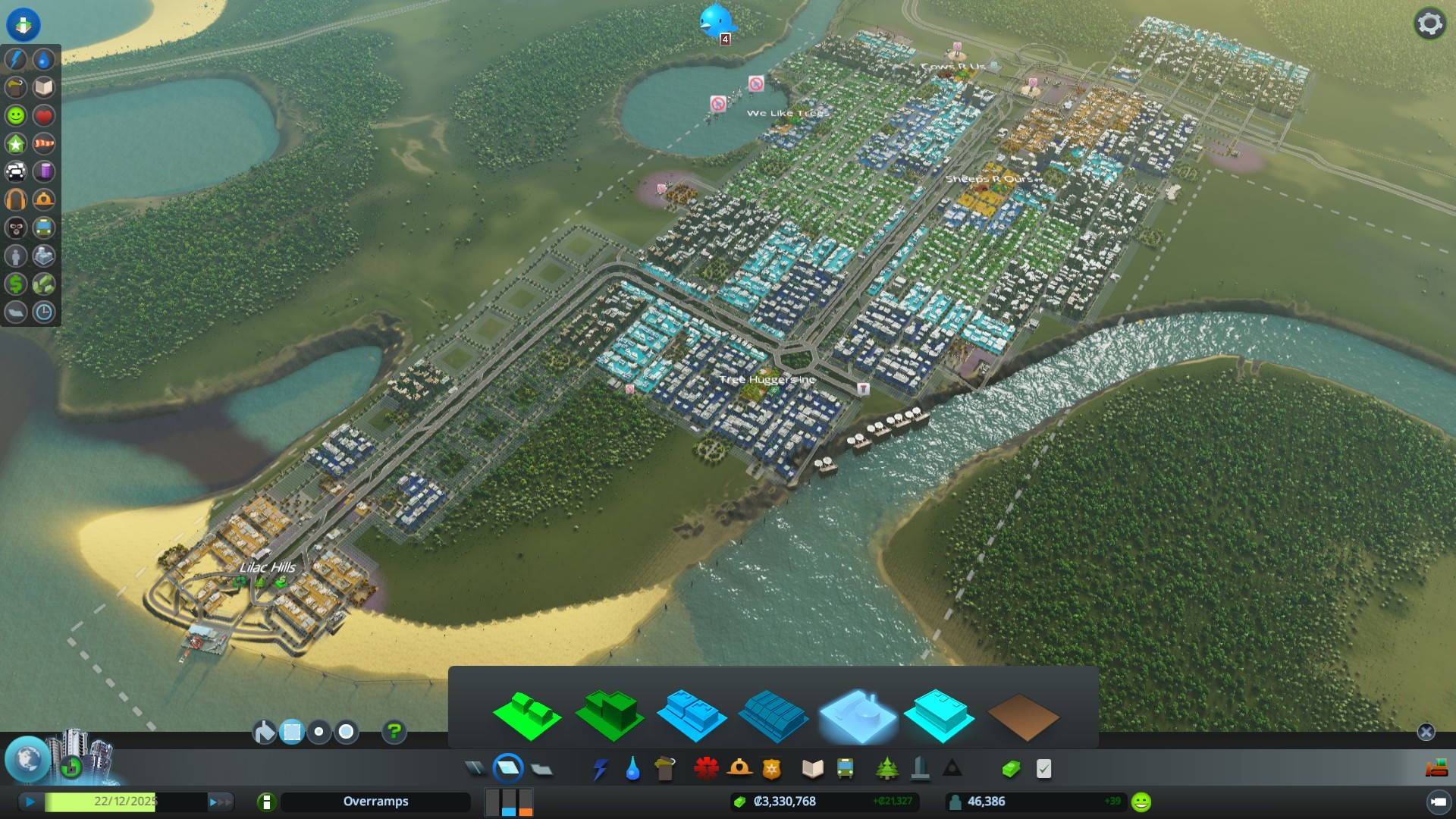Games for Cities
Cities: Skylines (2015)
Stockholm [SE]
Developed by:
Digital entertainment game mixed with strategy and decision-making focused on building and managing cities.

Cities: Skylines introduces players into a virtual world of open-ended city building and management. As a single-player computer game, individuals face interconnected urban planning and policy challenges. Widely recognized for its SimCity inspiration, Cities: Skylines stands out in its capacity to mirror real-world systems in a state of continual flux.
For instance, players control factors such as zoning, taxes, transportation and public services. Starting with a 2 km x 2 km area connected to a freeway exit, players create roads and residential, commercial and industrial zones. Basic city services such as power, water and sewage are also monitored, affecting move-in rates and job availability. As population rises, players must ensure features such as education, health care and waste management facilities. Urban planning and policy aspects are coupled with the task of maintaining a city’s budget, mobility, pollution (land, water, and noise), population and residents’ health, happiness employment.
The game platform enables players to direct their own learning as their actions succeed and fail. This process of problem solving and decision-making is a key asset, supported by the game’s built-in progression system – enticing players to continue play as their cities become more and more complex. The game developers Paradox Interactive also equipped the game with mods and expansions to let players add more variables and create a deeper sense of ownership.

